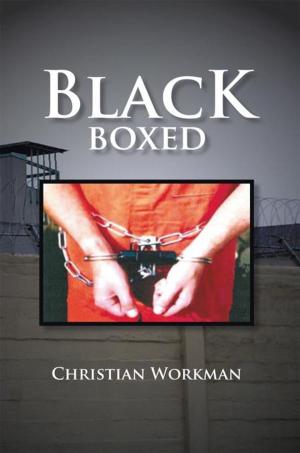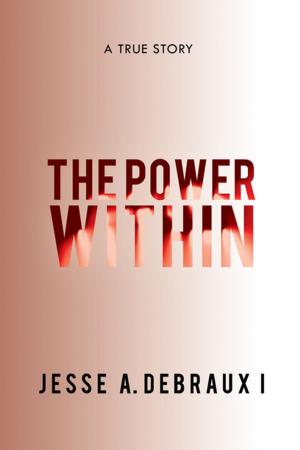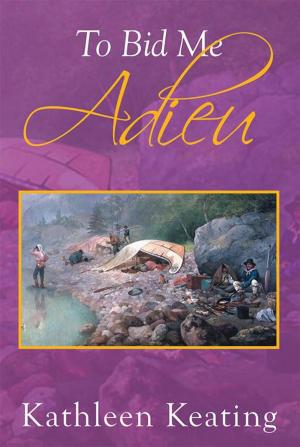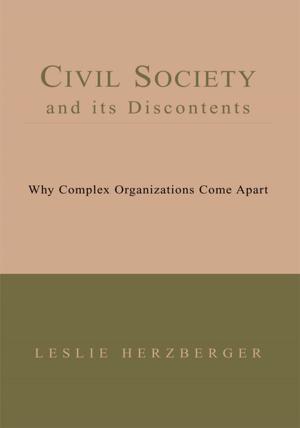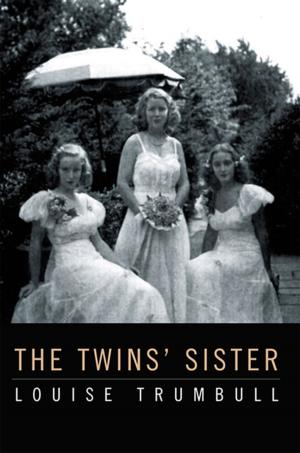Learning Spanish Words Through Etymology and Mnemonics
Nonfiction, Reference & Language, Foreign Languages, Latin, Reference, Education & Teaching| Author: | Yong Huang | ISBN: | 9781514452998 |
| Publisher: | Xlibris US | Publication: | February 12, 2016 |
| Imprint: | Xlibris US | Language: | English |
| Author: | Yong Huang |
| ISBN: | 9781514452998 |
| Publisher: | Xlibris US |
| Publication: | February 12, 2016 |
| Imprint: | Xlibris US |
| Language: | English |
Learning Spanish Words through Etymology and Mnemonics makes use of etymology to help you remember Spanish words and, failing that, suggests a mnemonic. Combination of these two approaches in one book separates it from other books on the market. The amount and depth of etymology is carefully chosen to be practical and not overwhelm an average reader. The suggested mnemonics aim to help an educated English-speaking person. An adult or young adult who likes learning vocabulary with some word analysis instead of rote memory will find this book to be helpful and a joy to read. With about 3000 words selected from 15000 in the Real Academia Espaola corpus sorted in frequency order, this booklet can be used either as a dictionary or for leisure reading. The hint provided for each word is particularly helpful for short-term memory needed in taking an exam, while the etymological and cultural information will serve you for years to come.
For more information and book errata, please visit http://yong321.freeshell.org/lsw/
"Yong Huang offers in the introduction a clear and detailed explanation of the methodology employed throughout the work, which presents a practical balance between scholarly research and light reading... Yong's work is an important addition to the field of language study, and will be a welcome supplement to anyone's vocabulary-building tools."
Edward A. Roberts, Professor Emeritus of Central Michigan University, author of A Comprehensive Etymological Dictionary of the Spanish Language
"(Yong Huang's book) filled a niche on my language-learning bookshelf I hadn't even thought of before... the system works as an efficient road map to boosting vocabulary by steering readers directly to the most effective words for building understanding and fluency fast, while pointing out shortcuts and possible pitfalls along the way. It's especially useful for well-read adults and polyglots."
Miranda Metheny, Spanish Teacher at District of Columbia Public Schools, polyglot, volunteer admin of Facebook Polyglots group
Learning Spanish Words through Etymology and Mnemonics makes use of etymology to help you remember Spanish words and, failing that, suggests a mnemonic. Combination of these two approaches in one book separates it from other books on the market. The amount and depth of etymology is carefully chosen to be practical and not overwhelm an average reader. The suggested mnemonics aim to help an educated English-speaking person. An adult or young adult who likes learning vocabulary with some word analysis instead of rote memory will find this book to be helpful and a joy to read. With about 3000 words selected from 15000 in the Real Academia Espaola corpus sorted in frequency order, this booklet can be used either as a dictionary or for leisure reading. The hint provided for each word is particularly helpful for short-term memory needed in taking an exam, while the etymological and cultural information will serve you for years to come.
For more information and book errata, please visit http://yong321.freeshell.org/lsw/
"Yong Huang offers in the introduction a clear and detailed explanation of the methodology employed throughout the work, which presents a practical balance between scholarly research and light reading... Yong's work is an important addition to the field of language study, and will be a welcome supplement to anyone's vocabulary-building tools."
Edward A. Roberts, Professor Emeritus of Central Michigan University, author of A Comprehensive Etymological Dictionary of the Spanish Language
"(Yong Huang's book) filled a niche on my language-learning bookshelf I hadn't even thought of before... the system works as an efficient road map to boosting vocabulary by steering readers directly to the most effective words for building understanding and fluency fast, while pointing out shortcuts and possible pitfalls along the way. It's especially useful for well-read adults and polyglots."
Miranda Metheny, Spanish Teacher at District of Columbia Public Schools, polyglot, volunteer admin of Facebook Polyglots group





